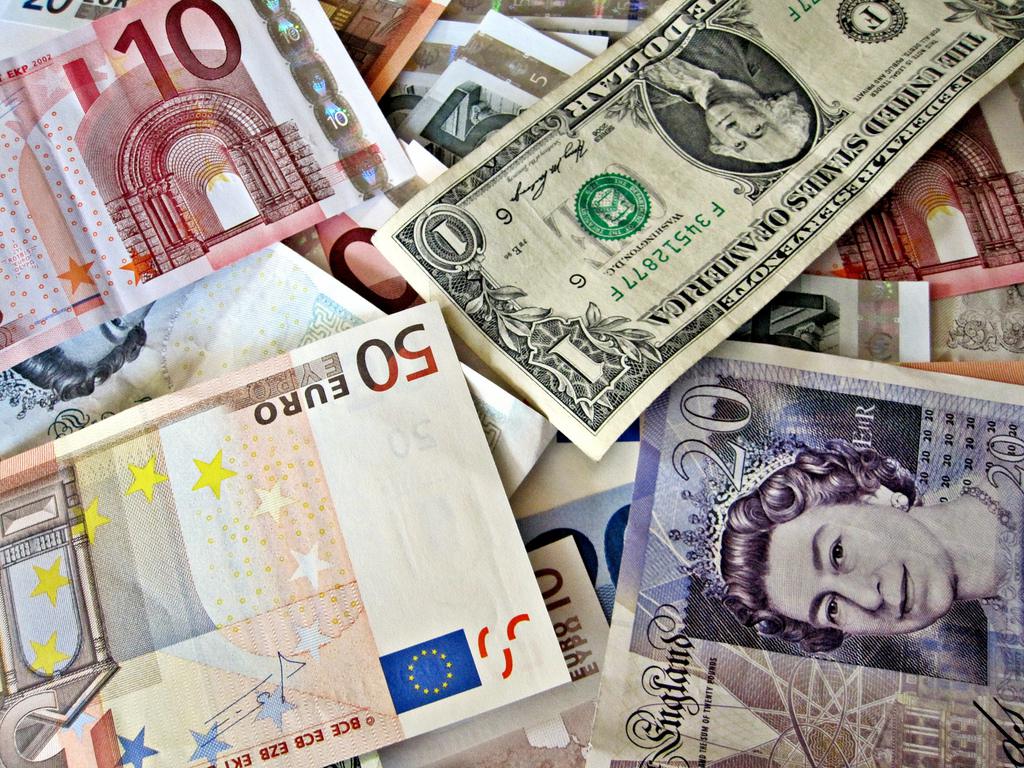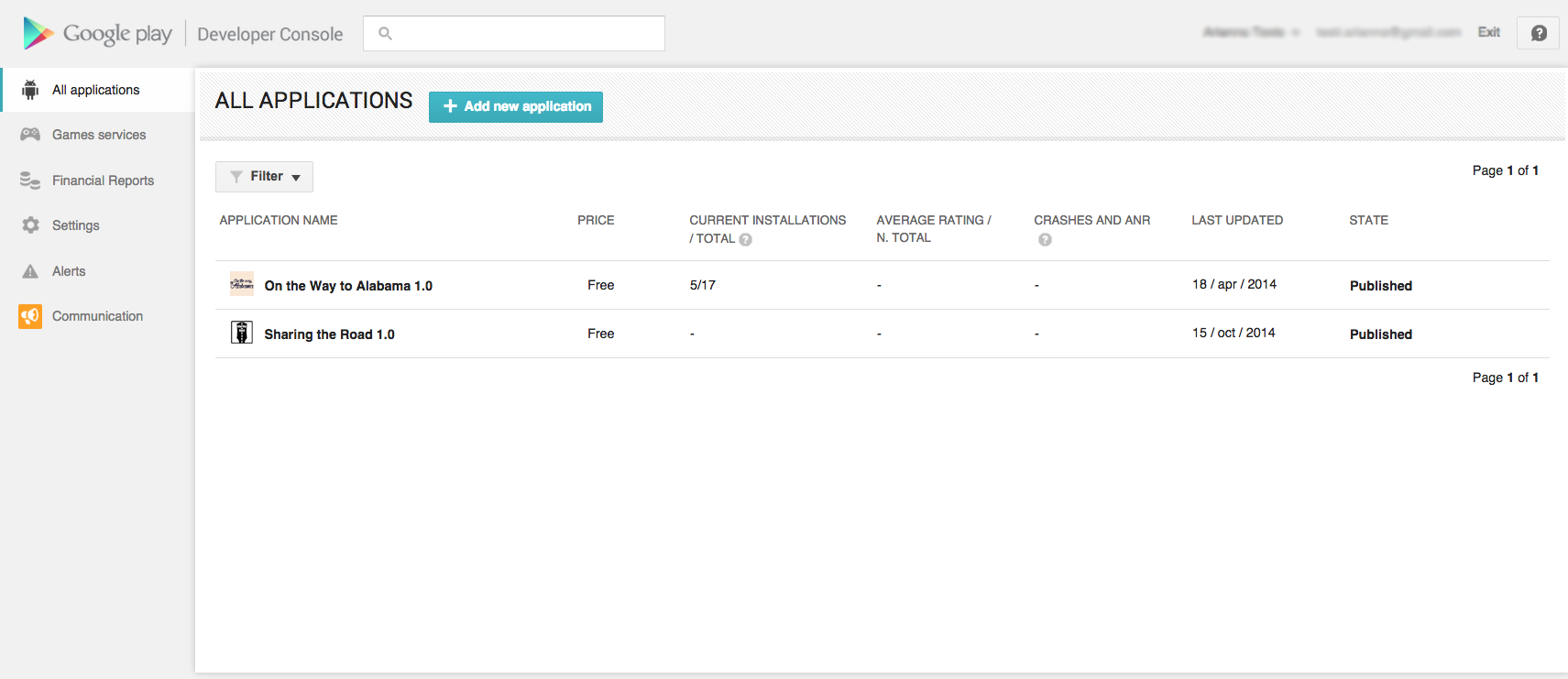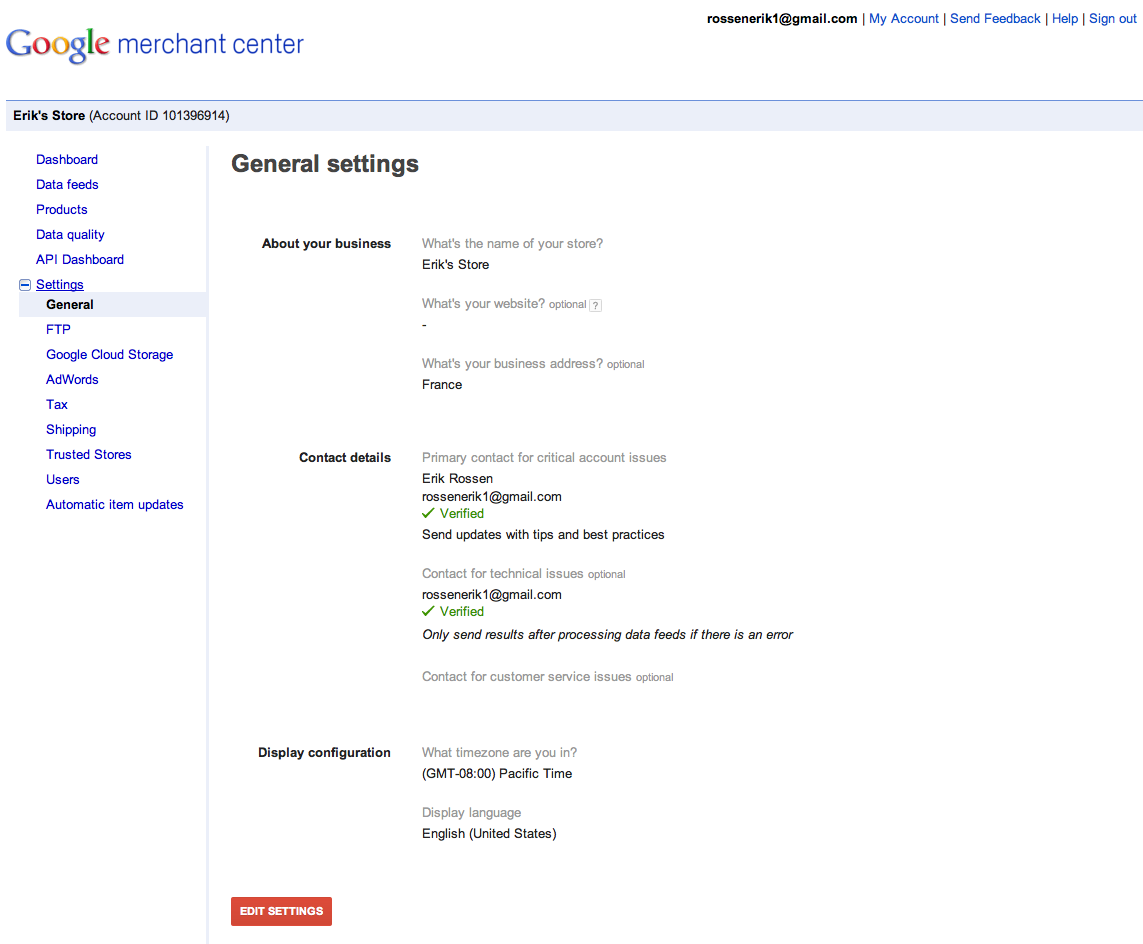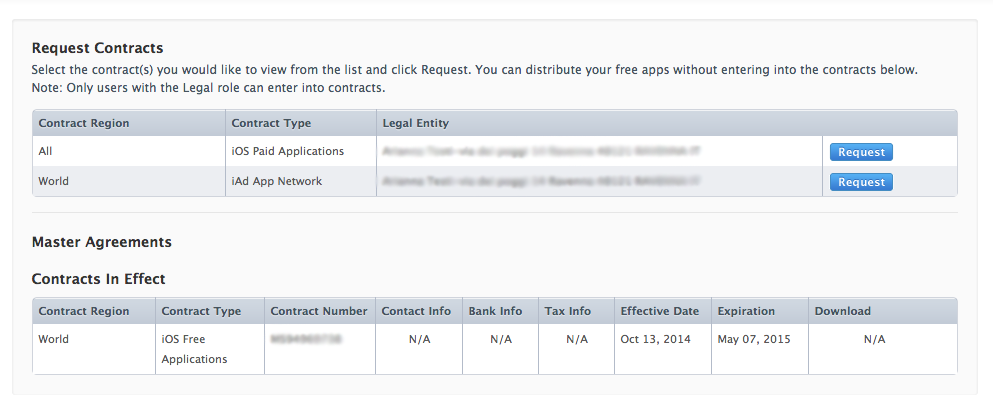How to Sell Your App for a Fee
Written by GoodBarber Team on

Photo Credit: Images Money
There are a few ways to directly earn money with apps: by creating and selling apps for clients, by monetizing through advertising, and by directly selling the app in the stores. In this article, we'll be covering two main questions for publishers who want to sell their app in the stores:
1/ What type of apps are users willing to pay for?
2/ What you need to do if you choose to charge a price for your app.
1/ What type of apps are users willing to pay for?
2/ What you need to do if you choose to charge a price for your app.
When can I charge a fee for my app?
Apps are meant to be profitable tools for businesses even if they don't cost a thing to the user. However, when the app offers something users want that they can't get easily for free from a competitor in the app store, it's time to consider charging a fee for it.
In short, here are some of the typical characteristics of content-delivery apps that can be successfully sold for a fee:
- A loyal, pre-existing following: this can be the case for certain highly specialized magazines, journals and even blogs. Examples might include trade journals and scientific publications.
- Content that addresses a real, specific need that isn't being addressed yet, and can't easily be substituted. A good example would be an exam preparation app.
One example of an app that fits this category is ACLSMed (available for Android and iOS) which provides a complete resource for the learning of ECG interpretation for aspiring medical professionals. This app can charge a fee because it offers a very valuable resource for mastering a difficult skill, the app offers unique content, and alternative resources (websites, textbooks) are far less practical for learners.
Keeping in mind this admittedly very extreme example might be helpful: This app to help future lawyers prepare for the bar examination goes for $999 on the App Store - and doesn't even offer any mind-blowing features. So why are people willing to pay such a price for the app? Because it's a very effective way of studying everywhere and anywhere, and if your future career depends on it, the price doesn't seem so extreme anymore. This shows how context-specific selling and pricing an app is!
In short, here are some of the typical characteristics of content-delivery apps that can be successfully sold for a fee:
- A loyal, pre-existing following: this can be the case for certain highly specialized magazines, journals and even blogs. Examples might include trade journals and scientific publications.
- Content that addresses a real, specific need that isn't being addressed yet, and can't easily be substituted. A good example would be an exam preparation app.
One example of an app that fits this category is ACLSMed (available for Android and iOS) which provides a complete resource for the learning of ECG interpretation for aspiring medical professionals. This app can charge a fee because it offers a very valuable resource for mastering a difficult skill, the app offers unique content, and alternative resources (websites, textbooks) are far less practical for learners.
Keeping in mind this admittedly very extreme example might be helpful: This app to help future lawyers prepare for the bar examination goes for $999 on the App Store - and doesn't even offer any mind-blowing features. So why are people willing to pay such a price for the app? Because it's a very effective way of studying everywhere and anywhere, and if your future career depends on it, the price doesn't seem so extreme anymore. This shows how context-specific selling and pricing an app is!
Alternative price structures
Many app developers are moving away from a binary free/fee view of apps, and the fastest-growing group of apps are what are considered to be freemium. These are apps that in some way or another are offered in a free version, and then in a paid version that can offer more content or features, be advertising-free, or any number of other perks.
You should be aware that charging a price for your app will probably very significantly reduce the number of downloads your app gets, so having a look at some of these strategies may be worthwhile. When you make your decision, it could also be helpful to have a look at the stores to see what other apps with similar content, if there are any, are charging.
Once you've decided you want to charge a fee for your app, let's have a look at how to go about doing that.
You should be aware that charging a price for your app will probably very significantly reduce the number of downloads your app gets, so having a look at some of these strategies may be worthwhile. When you make your decision, it could also be helpful to have a look at the stores to see what other apps with similar content, if there are any, are charging.
Once you've decided you want to charge a fee for your app, let's have a look at how to go about doing that.
Google Merchant Account

While signing up for a Google Publisher Account is enough to publish your app on Google Play, it's not enough to be sell your app for a fee! To do so, you also need to register for a Google Wallet Merchant Account. If you already have a Publisher Account, you can do so by clicking on the "Financial Reports" tab on the side bar, and then on "set up a merchant account immediately".

You'll then be re-directed to a new page where you'll need to give some basic information about your business to set up the merchant account. Afterwards, once you've set everything up, you'll be able to not only publish apps for free, but also for a fee. You can choose this fee yourself. When you select the fee, you'll have two possibilities for determining the price of the app. The simplest way is to enter the price in your local currency, and let Google automatically convert the prices into other currencies. Alternatively, you can also set the price individually for some (generally larger), but not all, countries. Why might this be of interest? Because it means that you can sell both for $0.99 and 0.99 € if you want, even though the two prices aren't the exactly same amount of money.
Also, be aware that once you've published an app for free on Google Play, you can never charge a fee for that same app. We aren't certain, but that policy is probably designed to prevent publishers from amassing more favorable reviews while their app is still free, only to then "dupe" more critical paying customers. To further prevent scams, Google also offers a refund policy that let's users claim a refund for a paid app they've already bought within fifteen if they aren't satisfied.
Also, be aware that once you've published an app for free on Google Play, you can never charge a fee for that same app. We aren't certain, but that policy is probably designed to prevent publishers from amassing more favorable reviews while their app is still free, only to then "dupe" more critical paying customers. To further prevent scams, Google also offers a refund policy that let's users claim a refund for a paid app they've already bought within fifteen if they aren't satisfied.
Charging a fee for your app on the App Store

Just like with Google, setting up a Developer Account is enough to publish an app, but there are a few additional things you need to do to be able to sell it.
On your iTunes Connect dashboard, you will need to go to "Contracts, Tax and Banking". Then, you will need to request the contract "iOS Paid Applications", approve the contract, and subsequently provide your bank and tax information so that Apple can direct the proceeds from selling the apps to you.
Now, you'll be able to charge a fee for your app. Do so by selecting the app you wish to charge a fee for under "Apps" on your iTunes Connect account, and then selecting "Pricing". Unlike with Google, you can't freely select a price. Rather, Apple has a number of pre-set price tiers, ranging from 0 (completely free) all the way to tier 87 (for the princely sum of $999.99). The dollar prices in every tier automatically correspond to a price in the local currencies that Apple offers their app in. For example, if you choose "Tier 1", your App will cost $0.99 in America, 0.89€ in the Euro Zone, and 0.69 £ in the UK.
You may also choose whether or not you wish to offer educational discounts, and choose a beginning date and an end date for your chosen pricing scheme.
On your iTunes Connect dashboard, you will need to go to "Contracts, Tax and Banking". Then, you will need to request the contract "iOS Paid Applications", approve the contract, and subsequently provide your bank and tax information so that Apple can direct the proceeds from selling the apps to you.
Now, you'll be able to charge a fee for your app. Do so by selecting the app you wish to charge a fee for under "Apps" on your iTunes Connect account, and then selecting "Pricing". Unlike with Google, you can't freely select a price. Rather, Apple has a number of pre-set price tiers, ranging from 0 (completely free) all the way to tier 87 (for the princely sum of $999.99). The dollar prices in every tier automatically correspond to a price in the local currencies that Apple offers their app in. For example, if you choose "Tier 1", your App will cost $0.99 in America, 0.89€ in the Euro Zone, and 0.69 £ in the UK.
You may also choose whether or not you wish to offer educational discounts, and choose a beginning date and an end date for your chosen pricing scheme.
The Bottom Line
One of the reasons apps and the app stores have become so popular with developers is that there's probably no other way to develop and market a product worldwide with as much ease and so few upfront costs as mobile apps on the App Store and Google Play.
However, it's always wise to think carefully about who you're trying to target with your app and what your app does before choosing to sell your app - and mobile app pricing strategies are currently a hotly debated topic. That's why we'd like to hear your opinion: What have your experiences been in selling your app in the stores?
However, it's always wise to think carefully about who you're trying to target with your app and what your app does before choosing to sell your app - and mobile app pricing strategies are currently a hotly debated topic. That's why we'd like to hear your opinion: What have your experiences been in selling your app in the stores?